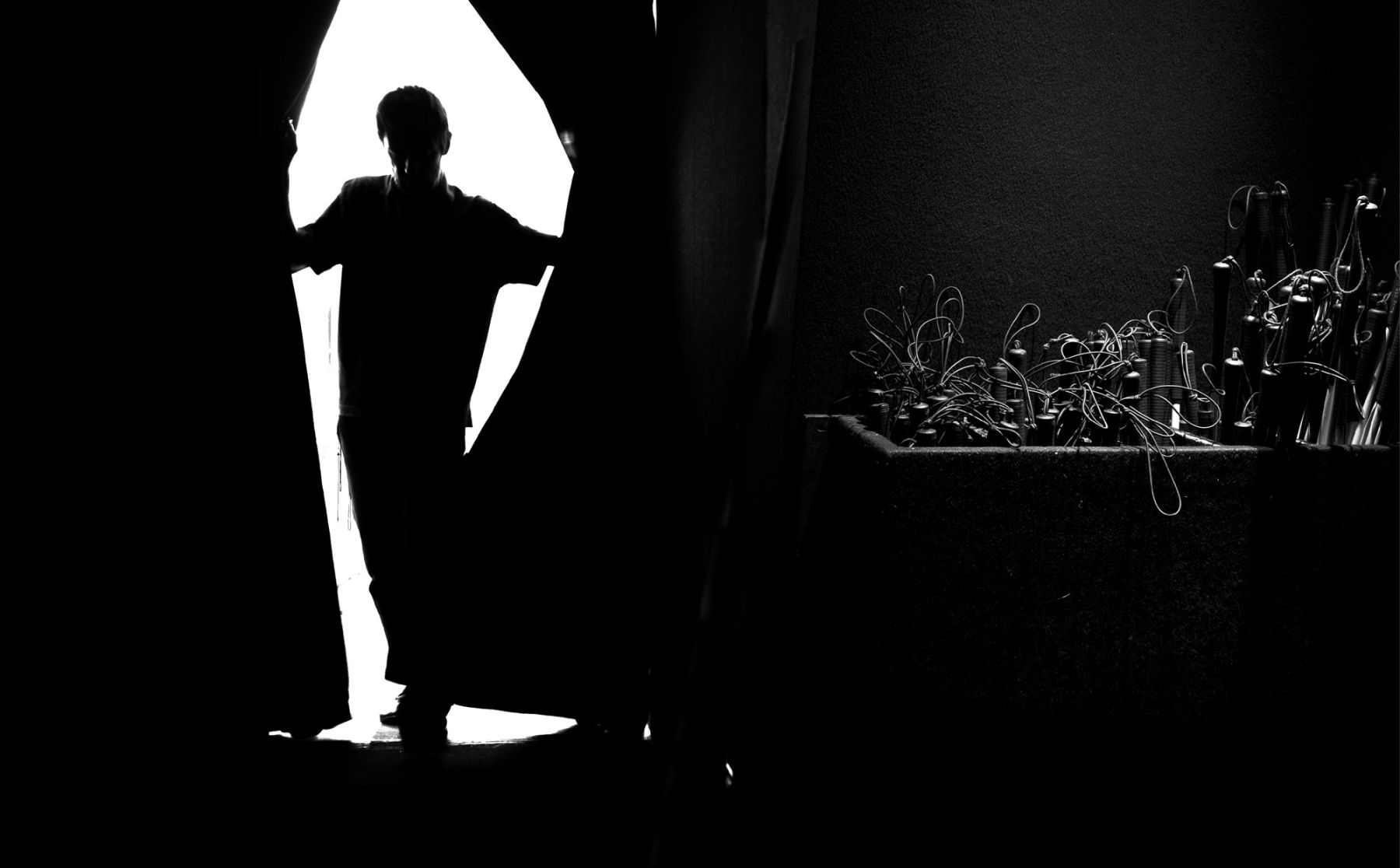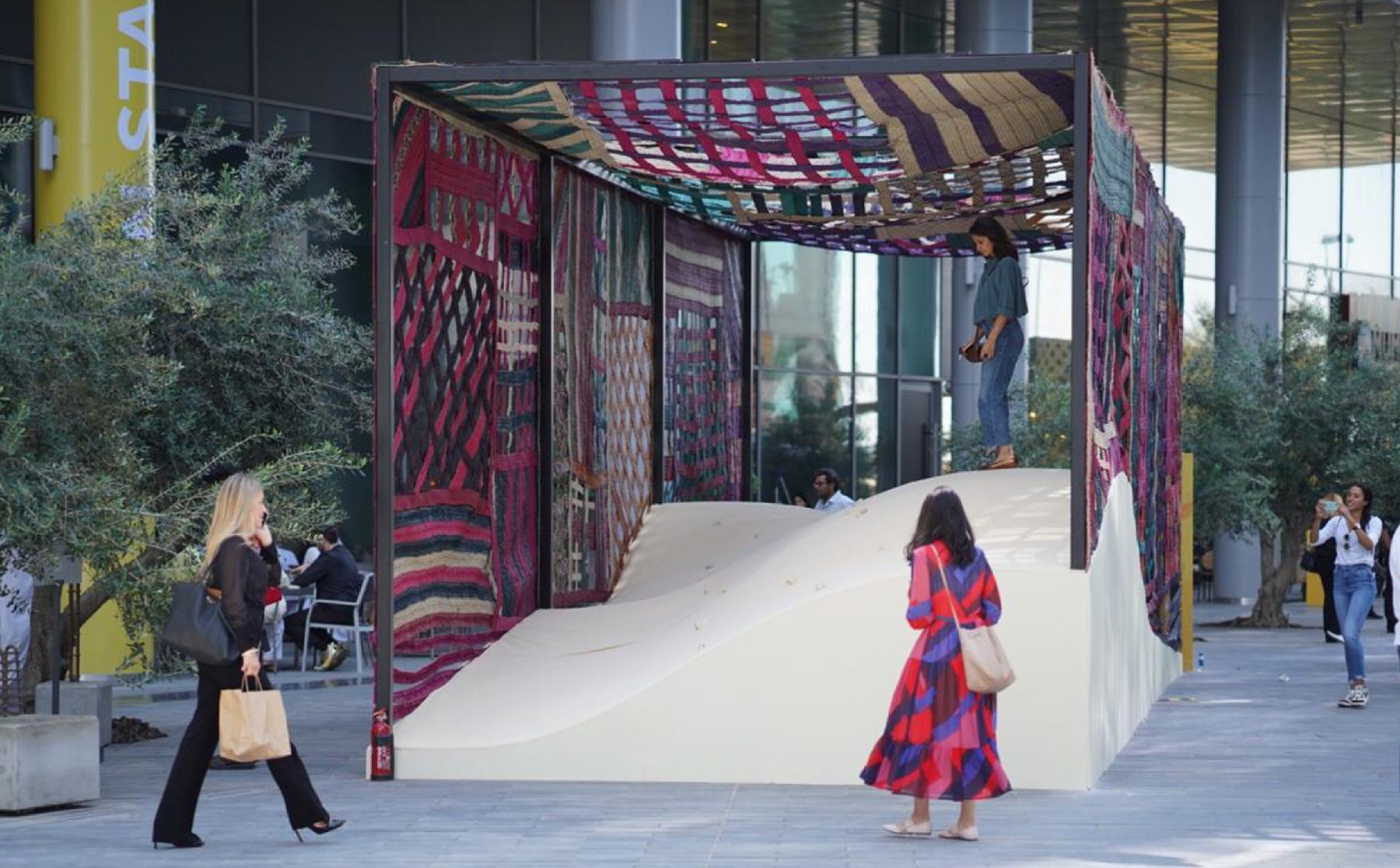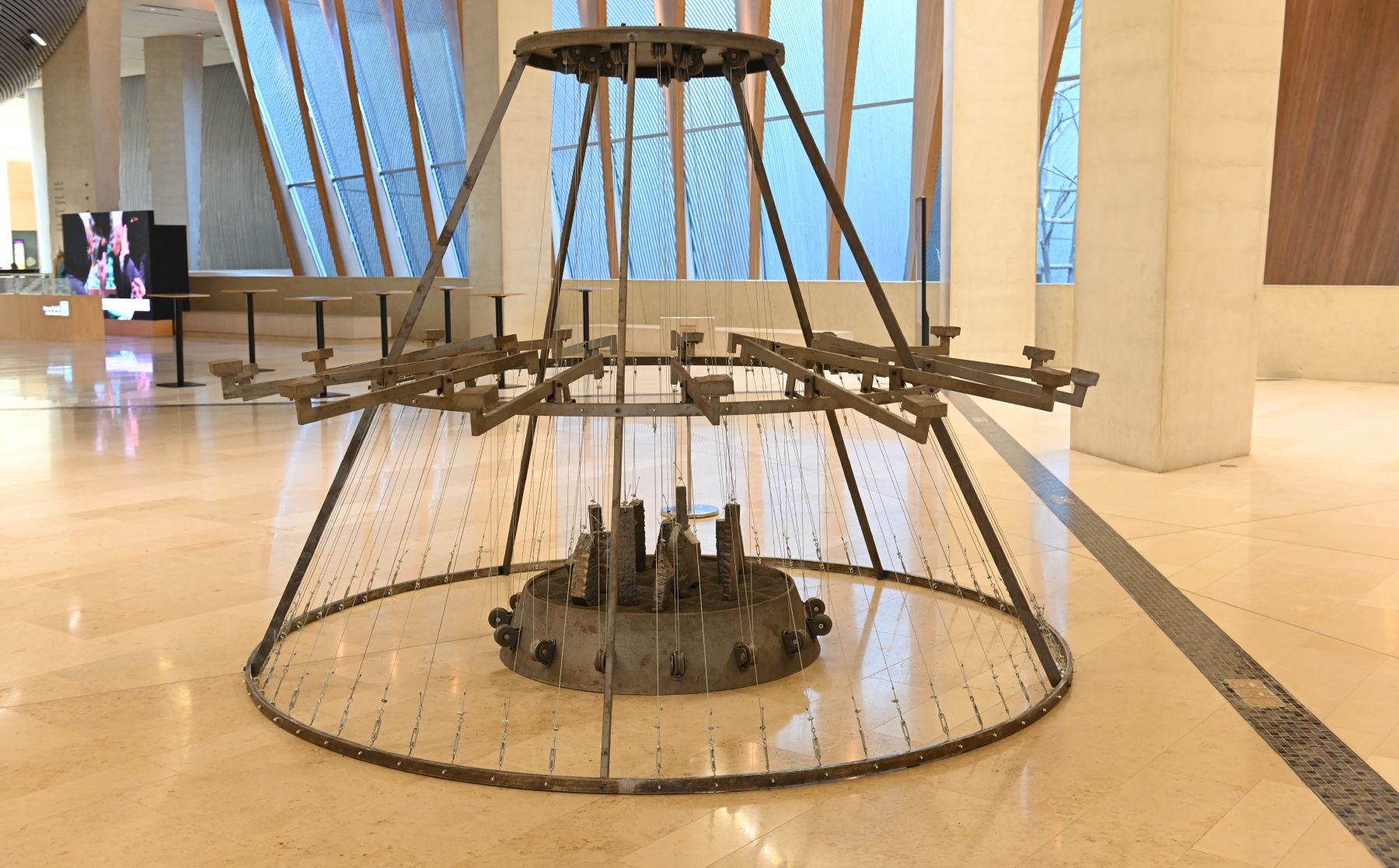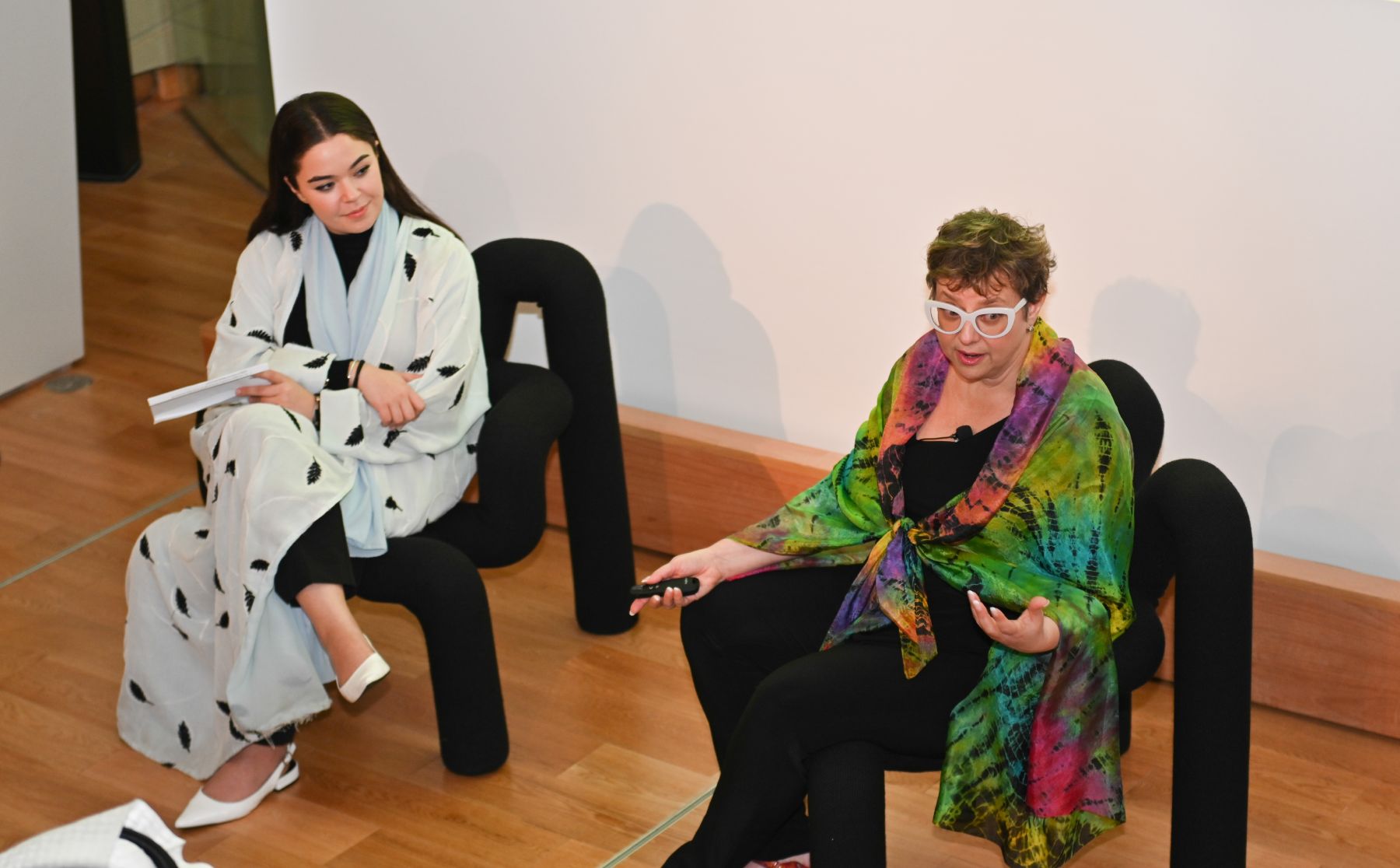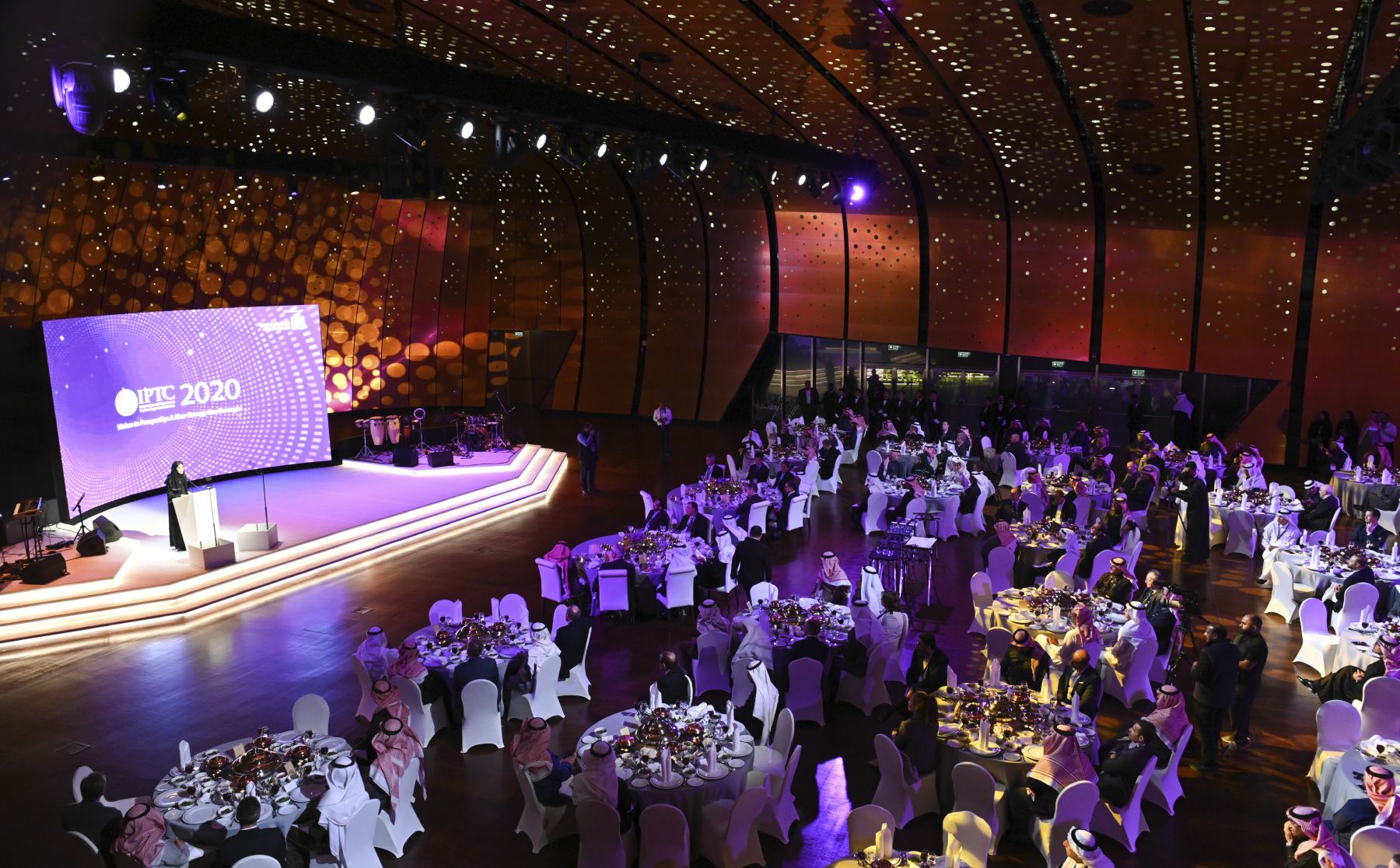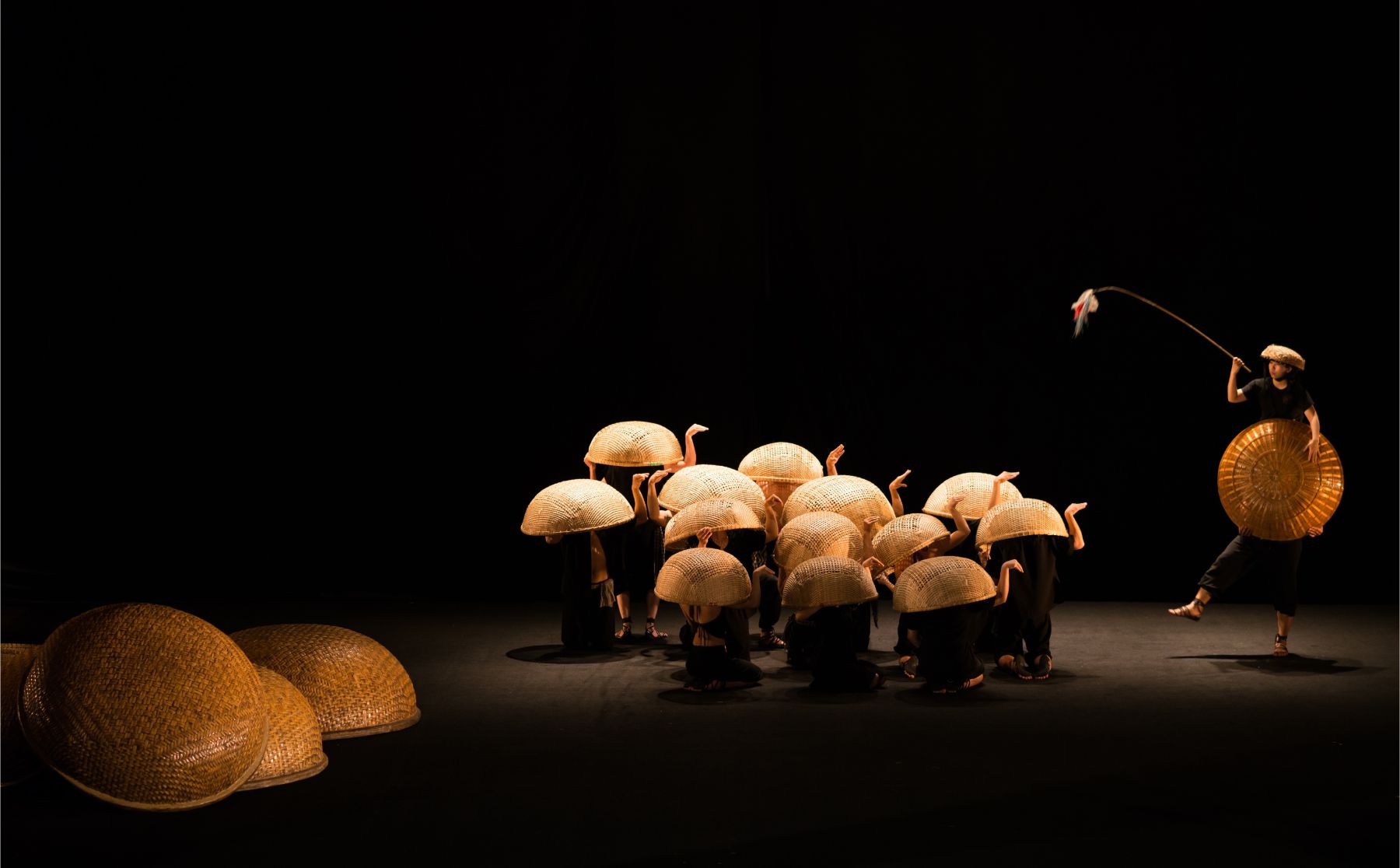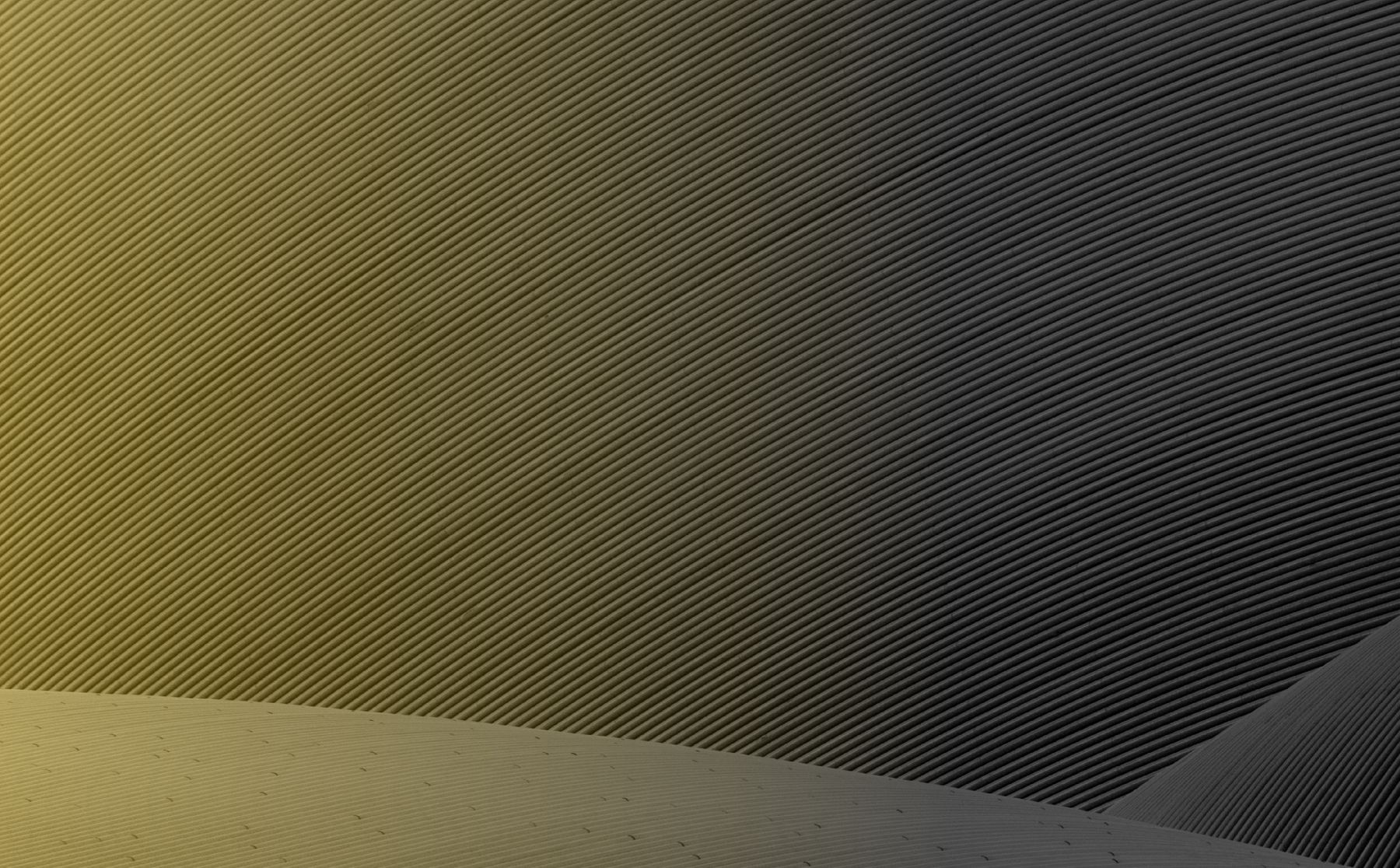By Ahmed Al Mulla: Poet, filmmaker, and director of the Saudi Film Festival
I was preparing my suitcase to travel to Dubai, to participate in a meeting for a global project in the making for the end of 2020. I received the news of the airport closing, so I went back to my place, and as everyone else, into isolation.
A few months earlier, the world was moving rapidly towards the climax of the art and culture movement, which - traditionally - had been ranked low on the scale of priorities. We were just around the corner from that peak. Major concepts, such as the concept of soft power, the impact of the artistic image, and the common language of art, moved in 2019 from the elite's research papers and books, to the level of dialogue between governments and peoples, which heralded a knowledge revolution that was helped by the modern media.
The Kingdom was witnessing a major transformation in the art and culture scene on both sides of the equation, not only at the level of institutions, but also at a societal level. In March, we were preparing for the launch of the Saudi Film Festival, and then came the global catastrophe!
First, the International Red Sea Film Festival was postponed. We thought that mid-April would see the crisis subside, and that the Saudi Film Festival could go ahead. However, we started to realize that this was not going to be possible when considering the healthcare requirements, so we announced the postponement of the festival as well. Production of many films and initiatives halted, including the "Daw" (light) project of the Ministry of Culture, and the sixth session of the Saudi Film Festival, which was to be held at the King Abdulaziz Center for World Culture (Ithra).
We have since recovered from the first shock, and we are now processing present-day circumstances. We have reformulated the lineup of the sixth session of the Saudi Film Festival, to be launched in a virtual mode. And now - more than ever - we must remember that art heals the soul.
Today, we are witnessing a great interest in all disciplines of art, the visual – which is at the forefront today – and the novel, as well as composition, and other forms. Watching drama has also doubled, as there are Saudi films that are being watched on Netflix and Shahid. And if we look at the novel, and reading of literature, we find a huge increase in the demand for e-books, and there is a great interest in translation, music, and singing. There are also many examples of increased interest in art by various components of society.
For example, we saw how the world’s attention turned to the artist Andrea Bocelli when he was performing a televised concert from the Italian city of Milan. Another example, closer to Saudi Arabia, was the widespread attention given to the artist Zaman Jassim's painting, which appeared suddenly in the office of His Highness the Crown Prince. There is also interest in the paintings of several artists, such as Taghreed Al-Baqshi and Abdulrahman Al-Sulaiman.
If we artists view isolation in a positive way, we find it gives us time to reconsider the projects we were working on, reformulate texts, shape capabilities, manage production and transform it into a solid and robust project ready for realization at any moment, and so achieve better results than we had previously expected.
The other thing that we have learned in isolation, is the importance of being rooted, not only in our country or our region, but also in our home, whose corners we almost forgot because of the speed of life around us. This prompted me to write a poem in which I apologize to everyone whom I have neglected in the past.
Isolation has taught us many lessons, and the most powerful, I believe, is the lesson of freedom. Freedom at all levels, be it creative or intellectual. We must reconsider some ideas that are traditionally recognized, so we will adhere to them if they are found to be correct. But if its concept does not take hold in our minds, then we must search for alternatives.
Artists must be creative and not limit themselves to restrictions. There are those who adhere to what they think is a ceiling, or a cap, that they should work under. However, their creativity becomes limited. Let us think more comprehensively and let us launch our creativity.
Beyond the epidemic
It is difficult to predict exactly what will happen. I believe that art is not necessarily a direct response to any crisis. It takes time from grasping a global crisis, through absorbing its full meaning and giving rise to profound and permanent artistic and creative work, it should be the result of a moment that ends with a moment.
Generally speaking, what we have learnt and is beneficial for us, will remain with us in the future. There are art disciplines that have developed further, and these gains will not be lost, rather, they are expected to have a greater presence than they ever had before.
For filmmaking in specific, it is worth keeping in mind the perceptive eye. When the audience watches a significant number of creative works, they advance their cultural knowledge and their ability to distinguish. It is the perceptive eye that absorbs and tastes, while the usual eye will be only amazed.
As for the virtual platforms, they will continue to be used at a large scale due to their great benefits. There are several festivals that will use these platforms to showcase their films, this shows courage and vision.
As to the Saudi Film Festival, we expect the seventh edition of the festival to be a mixture of virtual and traditional platforms.
This interview between Ithra and the interviewee is part of a series of discussions on the impact of Covid-19 and the future of the creative industry.


